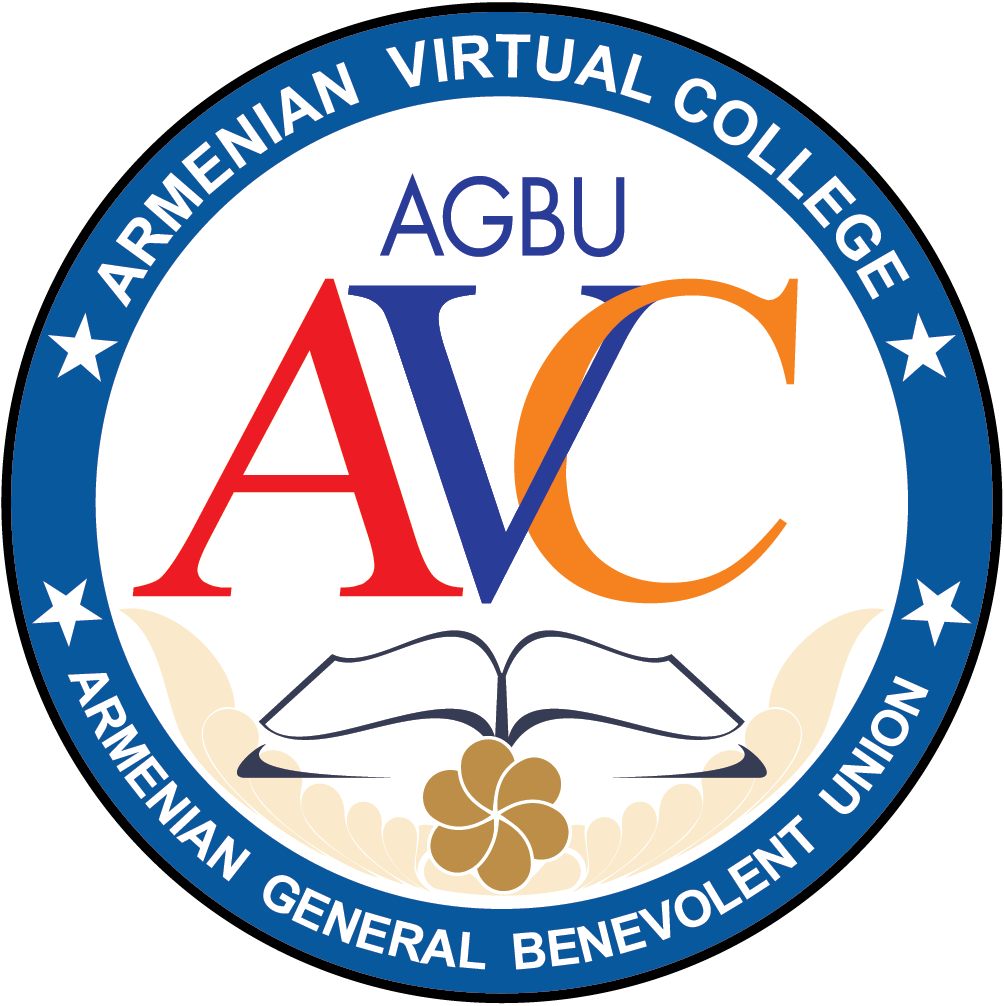What is Written on my Forehead
08/12/2019
Our student Janice (Dzovinar) Okoomian from the United States shares her experience of learning Armenian with AVC.
Why does a person in middle age decide to learn Armenian? I am one of those Armenian Americans who never developed language skills but have always felt close to my Armenian heritage. I’ve expressed it in other ways –by cooking fragrant Armenian dishes as my grandmother and mother did; by dancing with my family and friends; by singing Gomidas’ extraordinary music; and in many other ways.
But something was missing. I think that language shapes the way we see the world.
Some things can be said in their original language only – they get lost in translation. So, when you learn a new language, you think new thoughts that you couldn’t think before. I am learning Armenian because I want to see the world through a new lens and taste the full Armenian lexicon on my lips. I know that the words I am speaking are the same ones that my grandparents and great-grandparents used every day, and I imagine myself closer to them now through the sound and meaning of all the words, the phrases, the sentences I am learning.
The Armenian Virtual College has helped me stick with my language study. I am able to go at my own pace while still having some structure and deadlines to help create accountability and keep me from slacking off too much. My teacher has been both knowledgeable and supportive. It’s especially helpful to have video conferences with the instructor, as it gives me a chance to practice my skills.
The Armenian proverb “what is written on your forehead” means that you are destined for something. I don’t really believe in fate, but it’s kind of nice to think that my Armenian studies are fulfilling a long-held dream of mine.
By Janice Dzovinar Okoomian









